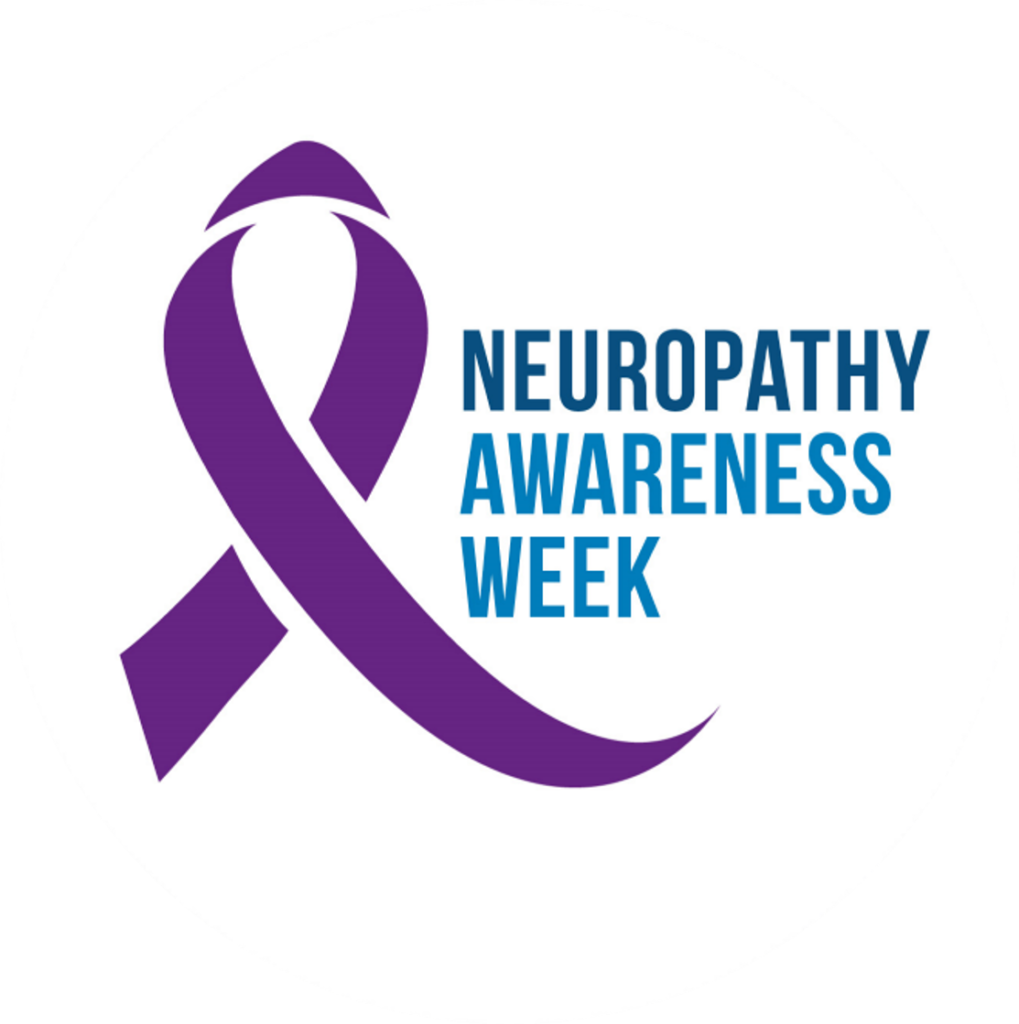Neuropathy Awareness Week 2023: Detecting Nerve Damage and Staying Healthy

Have you ever felt numbness or tingling in your hands or feet? These sensations could be symptoms of neuropathy, a condition that involves damage to the nerves in your peripheral nervous system. This includes the nerves that extend from your spinal cord to your arms, legs, and other body parts.
You might feel these symptoms first in your hands and feet because neuropathy often affects the longest nerves in your body first. Since nerve damage starts at the ends of the nerves, it’s common to notice neuropathy in your extremities before anywhere else.
There are many possible causes of neuropathy, but it’s closely linked to diabetes. High blood sugar levels can damage nerves over time, and with the growing number of diabetes patients worldwide, it’s estimated that around 50% of them will develop neuropathy during their lifetime. This makes early detection and management of diabetes crucial to prevent or delay the onset of neuropathy. If you have diabetes, it’s essential to monitor your blood sugar levels regularly and seek medical attention if you notice any neuropathy symptoms.
Unfortunately, neuropathy is often overlooked by both physicians and patients. Many people don’t report symptoms because they’re unaware of the seriousness of the condition. A staggering 80% of patients remain undiagnosed, suffering in silence even when symptoms are painful.
If you’re experiencing neuropathy symptoms, it’s important to see your doctor for an accurate diagnosis. Doctors will review your symptoms, medical history, and family history, as well as conduct sensory tests to diagnose neuropathy. Sensory tests that record how you feel touch, vibration, cooling and heat are essential in reaching a neuropathy diagnosis. These sensory tests help doctors determine if there is any damage to these nerves by measuring how well they respond to different stimuli. For example, a doctor may use a tuning fork to test vibration sensation or apply a cold object to test temperature sensation. These tests can also help determine the severity of neuropathy and guide treatment options. The doctor might check your tendon reflexes, your muscle strength and tone, your ability to feel certain sensations, and your posture and coordination. In some cases, doctors may order tests to rule out other health problems.
Catching neuropathy early is vital because it can help prevent further nerve damage. With early diagnosis, doctors can work with patients to manage symptoms and prevent complications like falls or infections. In some cases, damaged nerves can even regenerate if nerve damage hasn’t progressed too far. Treatment may involve lifestyle changes, medications, or physical therapy.
After a diagnosis, your doctor may recommend medications to manage your symptoms, like pain relievers or antidepressants. Physical therapy and occupational therapy can also help improve your mobility and reduce the risk of falls.
Don’t forget about the importance of Vitamin B1, B6, And B12! This essential nutrient plays a crucial role in converting food into energy, regulating mood, and maintaining healthy nerve cells. Make sure you’re getting enough B1, B6, And B12 through your diet or supplements, especially if you follow a vegetarian or vegan diet. Regularly monitoring your B1, B6, and B12 levels may also be necessary if you have certain medical conditions or take medications that can interfere with absorption.
Making lifestyle changes, like quitting smoking, maintaining a healthy weight, and exercising regularly, can also help improve your neuropathy symptoms. Work closely with your healthcare team to develop a comprehensive treatment plan that addresses all aspects of your condition. With proper management and care, many people with neuropathy can lead fulfilling lives and maintain their independence.





